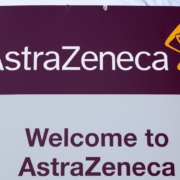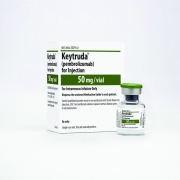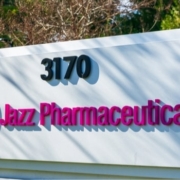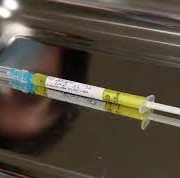Drugmakers AstraZeneca and Amgen said on July 8 their experimental drug tezepelumab was granted a speedy review by the U.S. Food and Drug Administration for potential approval as a treatment for asthma.
University of Oxford researchers started clinical trials for a new vaccine that can potentially target a wide range of human immunodeficiency virus (HIV) variants.
Money on the Move: June 30 – July 6
Biology, Business, CAR-T Therapy, Clinical Trials, CRISPR, Financing, Financing, Hereditary Transthyretin Amyloidosis (hATTR), Initial Public Offering (IPO), Nasdaq, Neuromodulation, Pulmonary Arterial Hypertension, R&D, Series A, Series B, Series C Financing, SharesThe IPO train continues to barrel down the tracks as more life sciences companies announced and closed their initial public offerings, bringing millions more to their coffers.
After the July 4 holiday, the U.S. Food and Drug Administration has several items on the regulatory agency’s immediate calendar, including a couple target action dates and an advisory committee hearing.
The U.S. Food and Drug Administration approved an expanded label for Merck’s anti-PD-1 therapy Keytruda as monotherapy for the treatment of patients with locally advanced cutaneous squamous cell carcinoma (cSCC) that is not curable by surgery or radiation.
Positive results from Sellas Life Sciences Group’s Phase I/II trial using galinpepimut-S (GPS) as a combination therapy with pembrolizumab (Keytruda) were announced shortly after similarly positive news was issued from a combination study in which GPS was evaluated as a treatment for mesothelioma.
Jazz Pharmaceuticals won U.S. regulatory approval for a new leukemia drug aimed at patients who have developed hypersensitivity to E. coli-derived asparaginase, an enzyme that is a component of the chemotherapy regimen used to treat acute lymphoblastic leukemia (ALL).
Seres Therapeutics and Nestlé Health Science have teamed up for the joint commercialization of Seres’ investigational oral microbiome treatment for recurrent Clostridioides difficile (C. difficile) infections.
George Medicines announced the initiation of two Phase III trials investigating the late-stage drug development company’s proprietary triple combination candidate, GMRx2, as a first-line treatment for hypertension.
CureVac’s Covid-19 vaccine was 48 percent effective in the final analysis of the company’s pivotal mass trial, only marginally better than the 47 percent reported after an initial read-out two weeks earlier.










